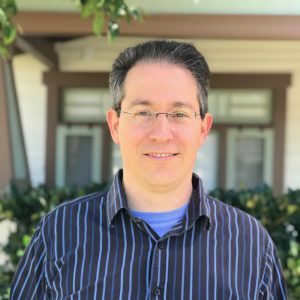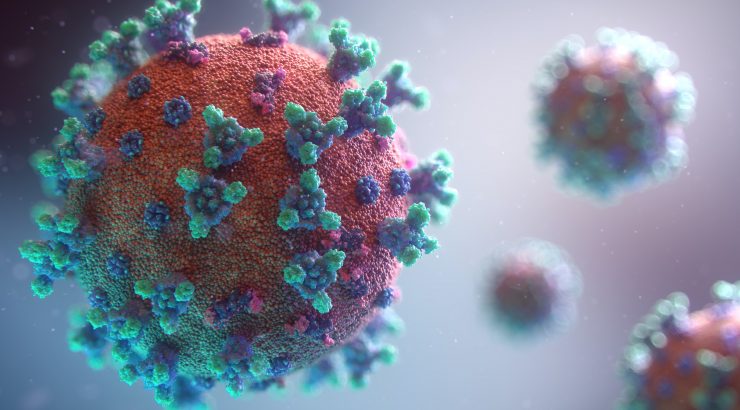Exploring the Socioemotional and Behavioral Impact of the COVID-19 Pandemic Professor Uri Maoz will present his research findings on May 10
April 29, 2021
 The COVID-19 pandemic has caused massive societal upheaval around the world. In the US, with 20% of global COVID-19 cases, the pandemic has also triggered a substantial economic shock and laid bare societal inequities. The extreme and highly volatile nature of this time period affords a unique opportunity to elucidate the dynamics of psychosocial processes. In April of 2020 Associate Professor of Psychology, Uri Maoz and his research team launched the pre-registered COVID-Dynamic longitudinal study to capture 1000+ U.S. residents’ personal and collective experiences related to the pandemic and to characterize psychological, emotional, attitudinal, and behavioral change. Participants completed a longitudinal, hour-long battery of psychological measures, including assessments of racial, political, social, moral, and COVID-19-related attitudes and behaviors, and experimental tasks. We describe the ongoing study and provide an assessment of data quality for the first 8 Waves (April to June) across the same 1000+ participants. In particular, we focus on parts of the survey relating to moral choice and volition.
The COVID-19 pandemic has caused massive societal upheaval around the world. In the US, with 20% of global COVID-19 cases, the pandemic has also triggered a substantial economic shock and laid bare societal inequities. The extreme and highly volatile nature of this time period affords a unique opportunity to elucidate the dynamics of psychosocial processes. In April of 2020 Associate Professor of Psychology, Uri Maoz and his research team launched the pre-registered COVID-Dynamic longitudinal study to capture 1000+ U.S. residents’ personal and collective experiences related to the pandemic and to characterize psychological, emotional, attitudinal, and behavioral change. Participants completed a longitudinal, hour-long battery of psychological measures, including assessments of racial, political, social, moral, and COVID-19-related attitudes and behaviors, and experimental tasks. We describe the ongoing study and provide an assessment of data quality for the first 8 Waves (April to June) across the same 1000+ participants. In particular, we focus on parts of the survey relating to moral choice and volition.
On May 10 (12:00 pm PST), Professor Maoz will present his research during a virtual lecture. This event is free and open to the entire Chapman community as well as the general public. Guests may participate via ZOOM or watch the live stream on YouTube. All links and details can be found on the event URL here.
Uri Maoz joined Chapman University in 2017 as an Assistant Professor of Computational Neuroscience at Crean College and at the Institute for Interdisciplinary Brain and Behavioral Sciences. His research lies at the intersection of volition, decision-making, and moral choice. He uses a combination of empirical techniques (e.g., EEG, intracranial recordings, behavioral studies) and theoretical modeling to develop a computational account of volition, with an emphasis on the decision-making processes that lead to voluntary action and on the role of consciousness in such processes. In particular, he uses machine-learning to carry out online, real-time, closed-loop analysis of neural data, as it is recorded. He is further interested in the legal, ethical, conceptual, and economic implications of this work.
For those who wish to learn more about Professor Maoz’s research, please check out the video below and the Neurophilosophy of Freewill website. Also, be sure to follow Chapman University’s Brain Institute on Instagram for regular updates.


